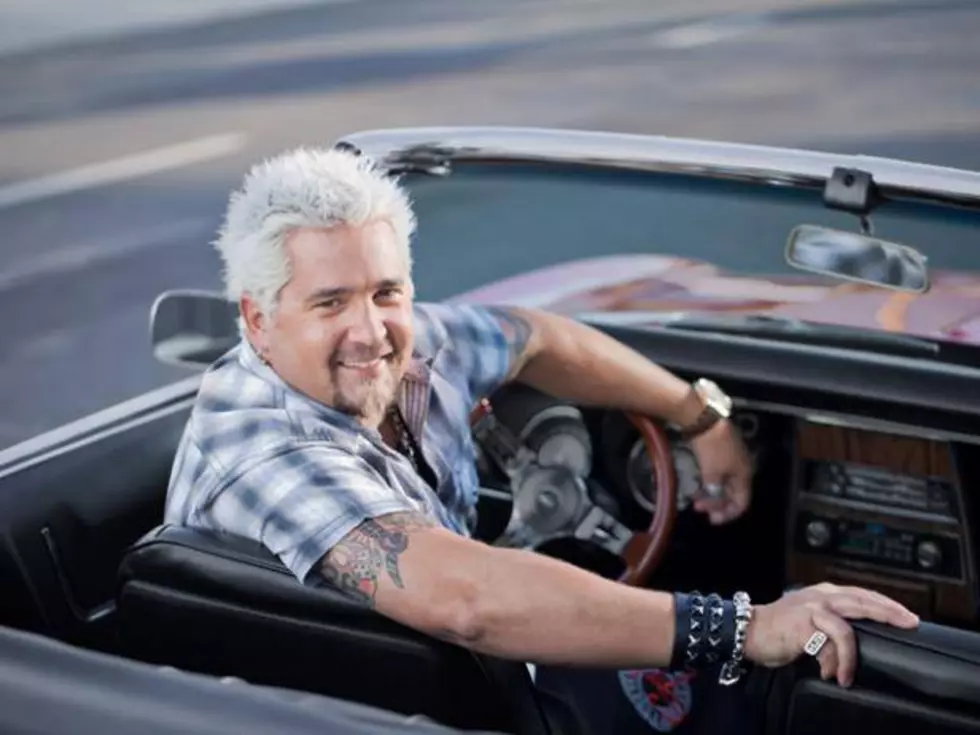
Illinois’ Deadly Plants: This Nasty One Could Be In Your Yard
We've looked at some of Illinois' dangerous plants before. There's poison hemlock (you know, the plant that killed Socrates) throughout the state, and giant hogweed, which can make you feel as though you were on fire.
Plus, we've got your usual suspects hanging around Illinois, too. Who could forget their experiences with poison ivy, poison oak, and poison sumac, all common plants in the Land of Lincoln?
But...how familiar are you with an Illinois plant that goes by names like Thornapple, stinkweed, locoweed, augushka, ditch weed, devil's snare, devil's seed, devil's trumpet, Korean morning glory, Jamestown weed, angel's trumpet, beelzebub's twinkie (my personal favorite), madhatter, and crazy tea?
Beelzebub's Twinkie Is A Really Great Name For A Really Toxic Plant, But The Most Common And Recognized Name For It Is Jimson Weed, A Member Of The Nightshade Family
According to a piece at PennStateExtension, it's not just one part of the jimson weed plant that can get you:
Jimsonweed (Datura stramonium) grows in landscape beds or open and undisturbed areas. If left alone, it has the potential to be the tallest unwanted plant in the landscape bed.
One unique characteristic about Jimsonweed is that all parts of the plant are poisonous to animals and humans. It has been ingested in various forms as a hallucinogenic drug, but the alkaloids are extremely dangerous and should not be consumed.
There's Not One Particular Spot In Illinois To Look For (Or Completely Avoid) Jimson Weed, Because It's In Every One Of Illinois' 102 Counties, And Can Pop Up Anywhere
To put into perspective just how dangerous this plant can be, I think we should go with the exact wording used by the U.S. Department of Agriculture to describe jimson weed:
The foliage and seeds contain an impressive assortment of toxic alkaloids that can be fatal to mammalian herbivores and humans. Some of these alkaloids are mildly narcotic and hallucinogenic. The immature seeds are especially poisonous; as few as 20 seeds can fatally poison a child.
Plant Some Of These In Your Garden to Keep Mosquitoes Away
LOOK: 20 of the biggest insects in the world
More From WROK 1440 AM / 96.1 FM








